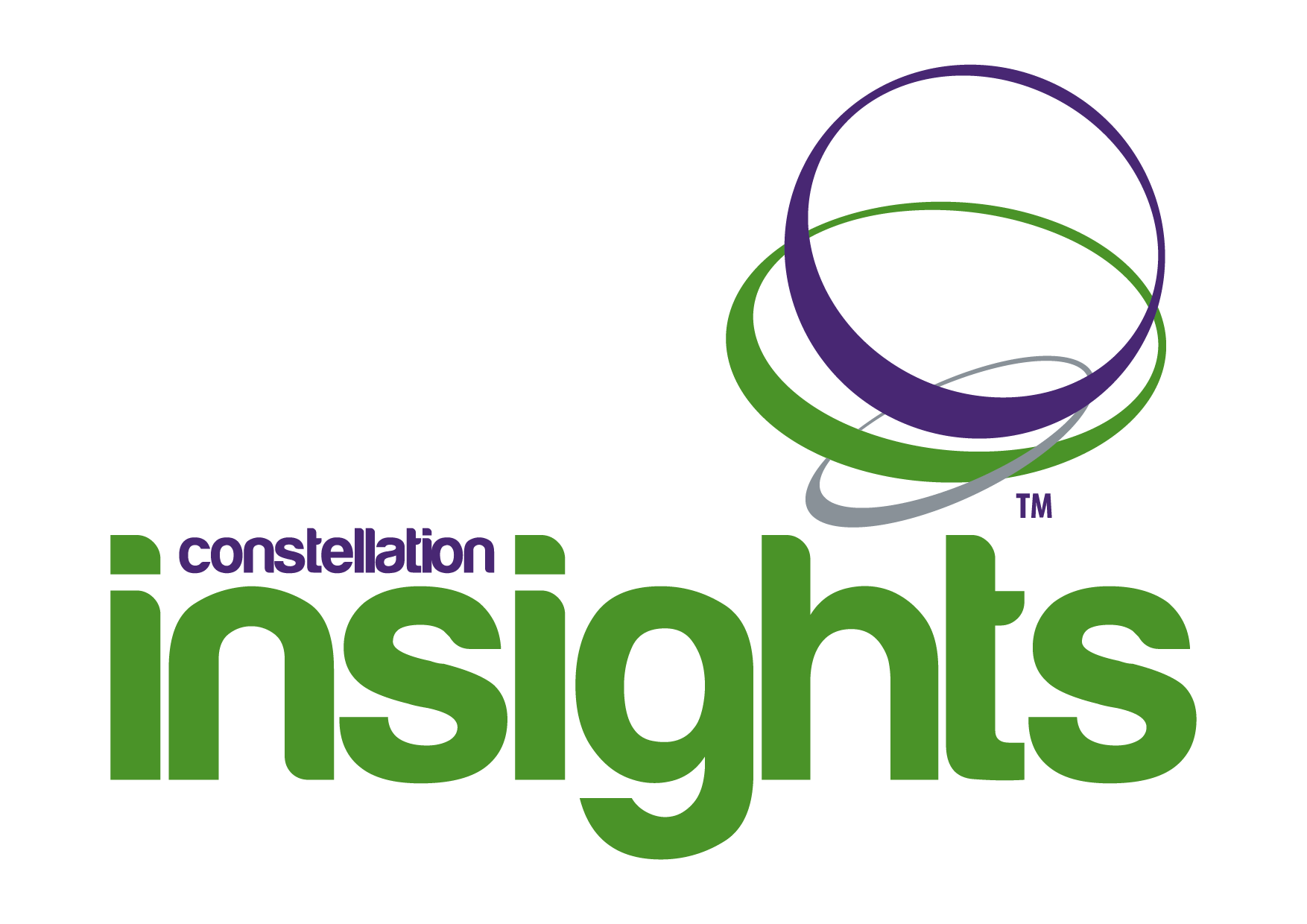SAP and Google have announced a patent cross-licensing agreement that is significant in scope and which could have implications beyond a desire to avoid legal entanglements over intellectual property. Here are the details from the companies' joint press release:
Google Inc. SAP SE have entered into a long-term patent cross licensing agreement that covers a broad range of products and technologies. The agreement covers the companies' existing patents and those filed over the next five years.
"We are pleased to enter into this agreement with a leading global technology company like SAP and welcome discussions with any company interested in similar arrangements," said Kirk Dailey, Head of Patent Transactions at Google. "Cross-license agreements like this enable companies to focus on bringing great products and services to consumers around the world."
This agreement advances the relationship between the companies, which joined the LOT Network in 2014, a community-based patent-licensing agreement designed to reduce for its members patent troll litigation and the growing practice of patent privateering.
"We are proud to announce this important agreement with Google, a global leader in technology," said Tony DiBartolomeo, Chief IP Counsel, SAP. "Giving talented engineers and developers the freedom to build great products is key to promoting innovation. Patent cross-license agreements like this one increase freedom to operate and prevent distractions from unnecessary patent litigation. And, like Google, SAP welcomes similar discussions with like-minded companies."
POV: While the release doesn't say so, the patent deal could certainly provide a basis for improved collaboration and co-development between SAP and Google.
At its Sapphire conference in May, SAP did announce a series of integration plans with Google spanning productivity applications, analytics, Google Drive and SAP's Fiori UX, although it's not clear what's so far been delivered. However, there are clearly valuable synergies for both vendors, notes Constellation Research vice president and principal analyst Alan Lepofksy.
"As far as collaboration software goes, Google does not own any enterprise business applications such as sales, marketing, supply chain and finance," "By partnering with SAP, perhaps they can add more business value through their Google for Work offerings. Similarly SAP does not own content creation or productivity applications, so deeper integration with Google Apps for work within SAP Jam could be possible."
"For customers of both Google and SAP, integration of productivity tools and backend enterprise systems would create a more seamless experience, allowing people to get work done within the flow of their jobs, as opposed to switching back and forth between multiple tools," Lepofsky adds.



